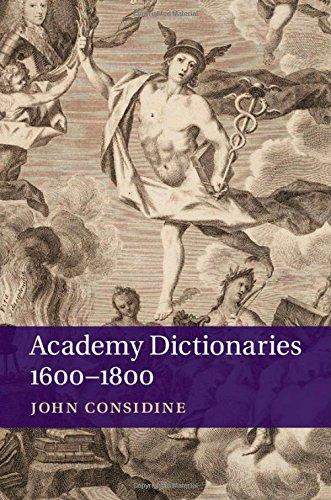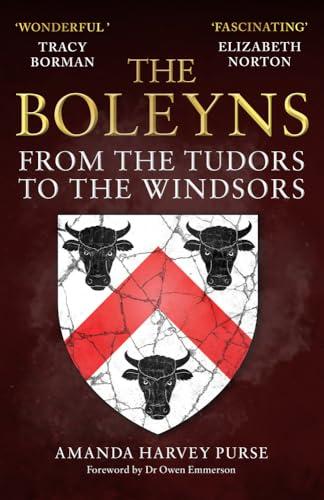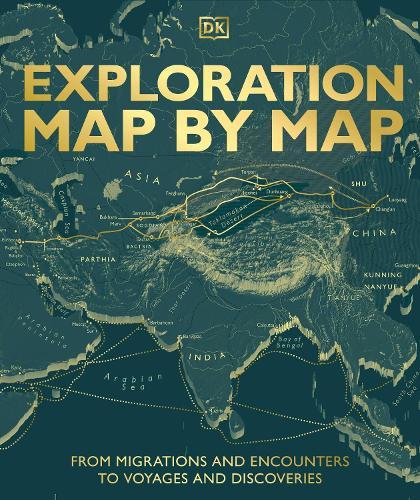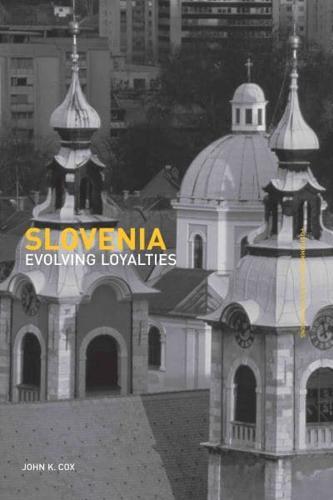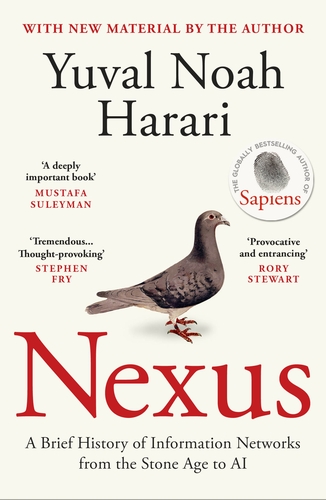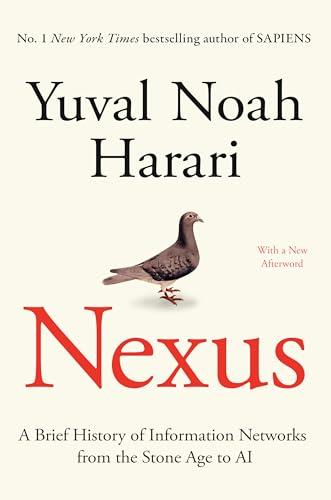History , General History
Academy Dictionaries 1600-1800
Description This is the first unified history of the large, prestigious dictionaries of the seventeenth and eighteenth centuries, compiled in academies, which set out to glorify living European languages. The tradition began with the Vocabolario degli Accademici della Crusca (1612) in Florence and the Dictionnaire de l'Academie francoise (1694) in Paris, and spread across Europe - to Germany, Spain, England, Denmark, Sweden, the Netherlands, Portugal, and Russia - in the eighteenth century, engaging students of language as diverse as Leibniz, Samuel Johnson, and Catherine the Great. All the major academy and academy-style dictionaries of the period up to 1800, published and unpublished, are discussed in a single narrative, bridging national and linguistic boundaries, to offer a history of lexicography on a European scale. Like John Considine's Dictionaries in Early Modern Europe (Cambridge University Press, 2008), this study treats dictionaries both as physical books and as ambitious works of the human imagination.
- Considine, Professor John
- Cambridge University Press
- 2014
- 266
- Hardback
- 9781107071124
Поткатегории
